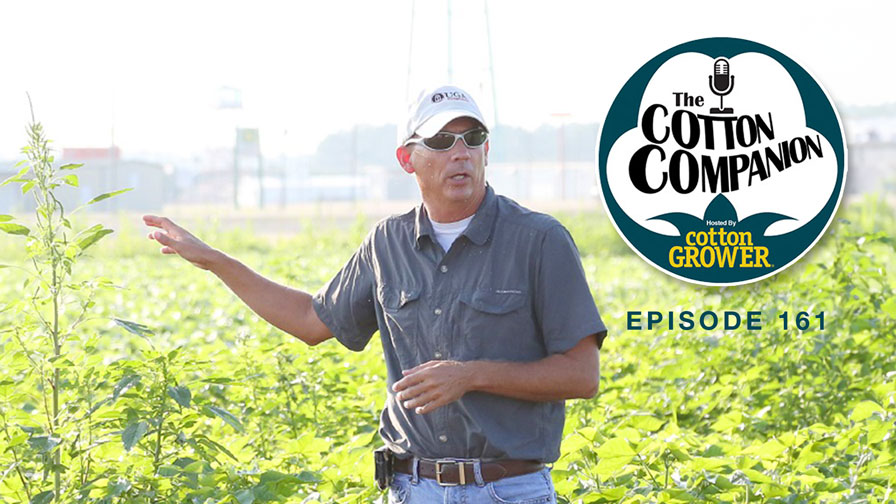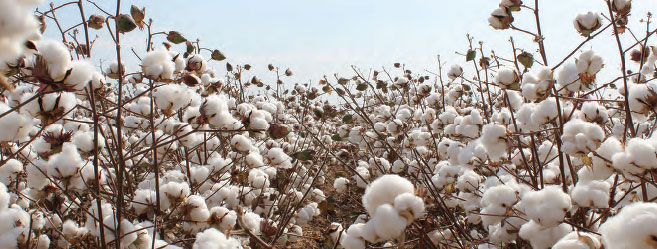Cotton Industry Joins New Supply Chain Sustainability Program
The cotton industry has joined the launch of a new agricultural supply chain program for U.S. commodity crops from Field to Market, the Alliance for Sustainable Agriculture.
The Field to Market metrics and benchmarks developed over the past several years will now become an important platform for measuring, promoting and reporting on continuous improvement in cotton, corn, soybeans, wheat, rice, potatoes and other crops related to seven sustainability indicators – land use, soil conservation, soil carbon, irrigated water use, water quality, energy use and greenhouse gas emissions.
The new program will focus on benchmarking current sustainability outcomes, catalyzing continuous improvement at the field and landscape level and enabling supply chain sourcing claims.
The program also features the support and participation of many prominent members of the food and agriculture industry, including Cotton Incorporated, National Cotton Council, American Farm Bureau Federation, American Soybean Association, Archer Daniels Midland, Bayer CropScience, BASF, Biotechnology Industry Organization, Bunge, Cargill, CHS Inc., Dow AgroSciences, Ducks Unlimited, DuPont Pioneer, General Mills, John Deere, Kellogg Company, Land O’Lakes, McDonald’s Corporation, Monsanto, National Association of Wheat Growers, National Corn Growers Association, National Potato Council, Procter & Gamble, Syngenta, The Coca-Cola Company, Unilever, United Soybean Board, USA Rice Federation, Walmart, and many other companies, associations and institutions with ties to agriculture.
“Over the next 40 years, the world is facing an unprecedented challenge to produce crops to provide for nine billion people within the natural limits of our planet,” said Rod Snyder, president of Field to Market. “The nature of this challenge requires an unusual level of transparency and collaboration.
“This announcement signals a major commitment among members to address supply chain sustainability in a manner that is transparent, grounded in science, focused on outcomes and open to a full range of technology choices,” added Snyder, “while also considering productivity, environmental quality and human well-being.”
Source – Field to Market








